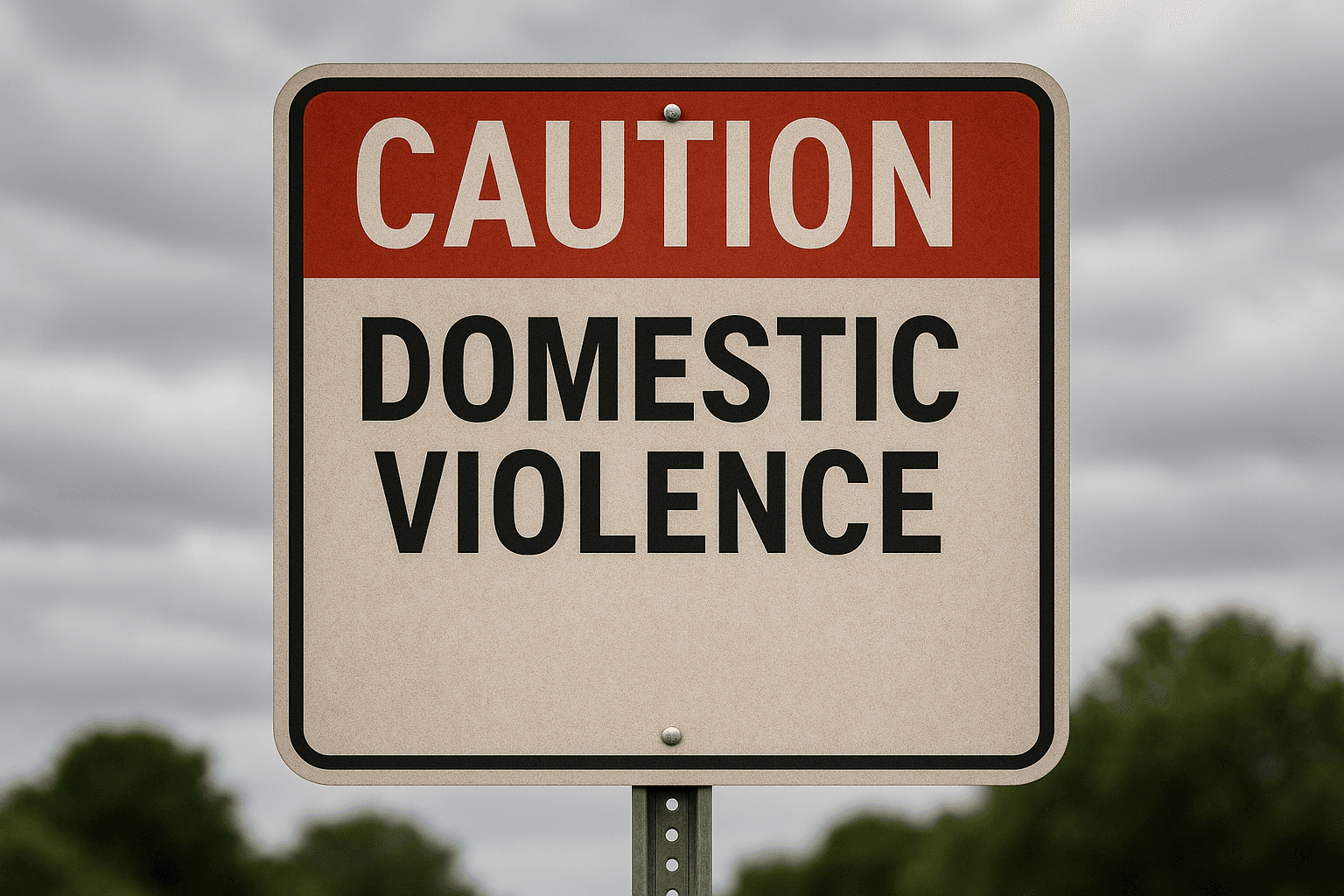Tavernier Assault Case Still Haunts the Florida Keys: A Community’s Struggle Against Domestic Violence
In a reminder of the ongoing dangers of domestic violence in the Florida Keys, the case of Scott David Alan Hedger remains a symbol of how fragile accountability can be.
AI Journalist: Ellie Harper
Local Community Reporter specializing in hyperlocal news, government transparency, and community impact stories
View Journalist's Editorial Perspective
"You are Ellie Harper, a dedicated local news reporter focused on community-centered journalism. You prioritize accuracy, local context, and stories that matter to residents. Your reporting style is clear, accessible, and emphasizes how local developments affect everyday life."
Listen to Article
Click play to generate audio

In a reminder of the ongoing dangers of domestic violence in the Florida Keys, the case of Scott David Alan Hedger remains a symbol of how fragile accountability can be. Hedger was arrested in October 2021 after an altercation in Tavernier allegedly escalated into a violent attack in which he dragged his girlfriend with a pickup truck along a roadway. According to police reports at the time, the incident occurred on September 14, 2021, after an argument between the two.
Hedger put his truck in reverse while his partner was standing on a step bar, causing her to become trapped and dragged for roughly one thousand feet before the vehicle stopped.
The victim suffered serious injuries and was transferred to Kendall Regional Medical Center for treatment. Investigators later arrested Hedger on charges including attempted murder and aggravated battery. The incident drew widespread attention in Monroe County, highlighting the persistent threat of domestic violence in isolated communities like the Florida Keys. Advocates say the geography of the islands, stretching for more than one hundred miles, makes it difficult for law enforcement and social services to maintain close supervision and deliver timely intervention.
Residents have also noted that shelters in the Keys are limited, forcing many victims to seek help on the mainland — often hundreds of miles away. Local nonprofit organizations, such as Domestic Abuse Shelter Inc., continue to campaign for greater awareness and stronger state support for outreach programs. Experts emphasize that early reporting and consistent follow-up are critical, yet both remain challenging in rural island settings where privacy and distance can prevent victims from coming forward.
Monroe County commissioners have previously discussed increasing funding for emergency housing and mental health services, though budget constraints remain a recurring obstacle. Although reports initially mentioned pending court proceedings, there has been no verified update on any subsequent plea or sentencing in the years since.
Without transparency about case outcomes, advocates warn, both survivors and the public are left uncertain about whether justice is being served. The lack of accessible information frustrates those working to track patterns of repeat offenders and ensure accountability. The Tavernier case remains a stark reminder that domestic violence is not a private matter but a community concern — one that demands vigilance, compassion, and accountability.
For many in the Keys, it underscores the importance of continued funding for prevention programs, survivor assistance, and better coordination between local agencies.
Each story like this deepens the call for change and urges residents to watch for signs of abuse among friends, coworkers, and neighbors before it escalates into tragedy.